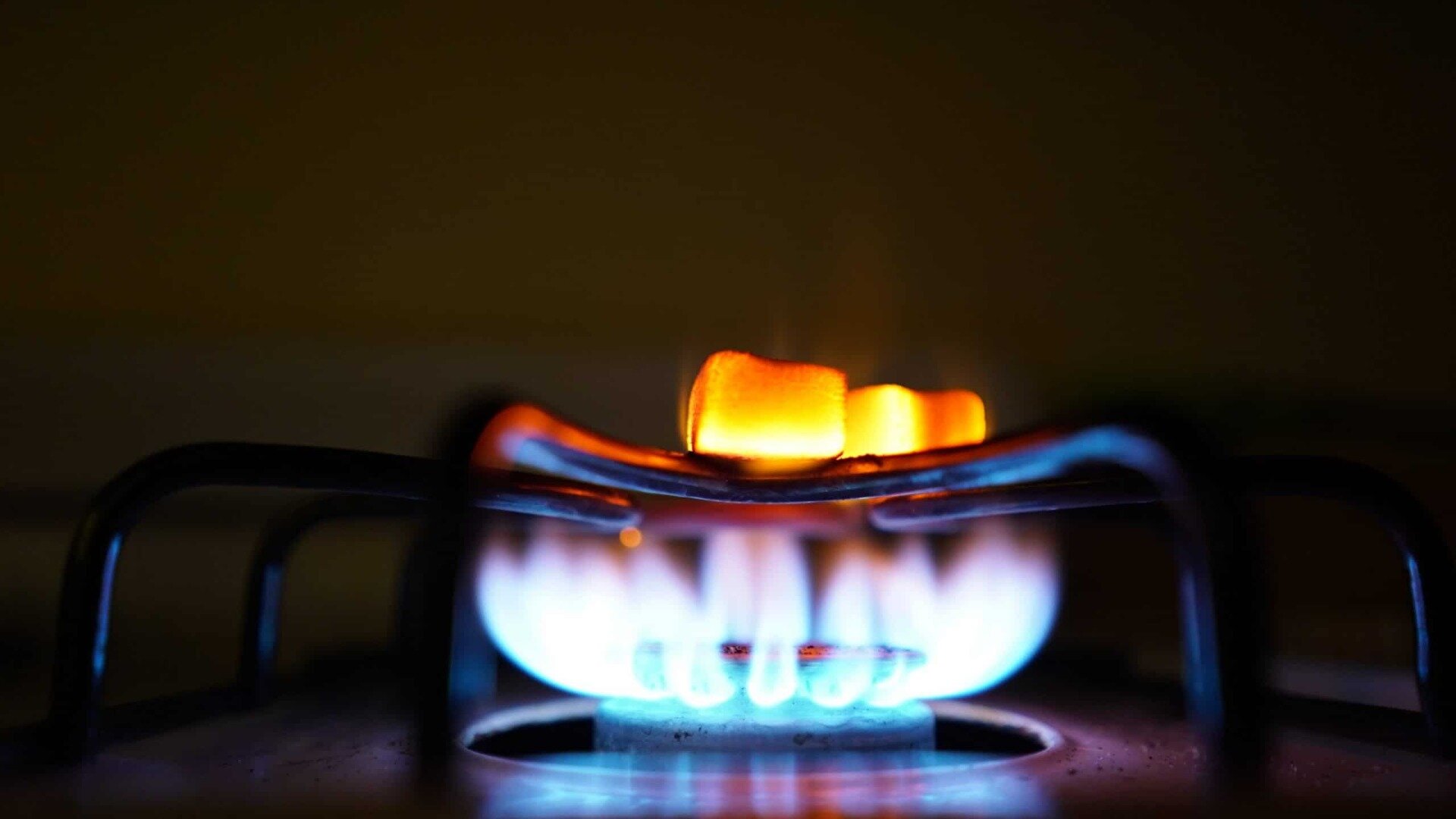Gas is an efficient and common fuel source used across many Australian households for heating, cooking and gas hot water systems. However, if undetected, gas leaks can lead to dangerous outcomes like fires, explosions and carbon monoxide poisoning. It’s estimated that each day in Australia, a number of homes experience accidental gas leaks.
Many residential gas leaks can be fixed if detected early. In this article, we’re going to chat about some common causes of gas leaks in Aussie homes and how you can spot and tackle them.

Catching the signs of a gas leak can prevent serious issues. Whether it’s spotting faulty appliances, damaged pipes, or bad connections, we’ll offer tips on DIY leak checks, when to bring in the pros, and what to do if you think there’s a leak.
Being informed about your rights regarding potential gas leak hazards and knowing how to respond correctly will help keep your household safe and protected. Read this guide to equip yourself with the knowledge to detect and deal with common residential gas leaks.
Common Causes of Gas Leaks in the Home
Gas leaks aren’t all the same. Typically, a natural gas leak happens when gas escapes from pipes or similar containers into the environment. These leaks can be dangerous if not fixed quickly.
While worrying to discover, most residential gas leaks have common detectable and treatable causes when a professional comes to handle them. Let’s look at some of the typical sources of gas leaks around the home so you know what to watch out for.

Ageing Gas Lines and Pipes
Over time, the gas pipes made of metal that carry natural gas through your walls and underground are prone to corrosion from inside and outside, weakening the gas pipe material.
This weakens the pipe material and can result in small cracks or holes forming that release gas. Pipes should be inspected regularly and replaced every 30-50 years.
Improper Installations
Gas lines installed by an unlicensed contractor without following proper safety procedures pose a suspected gas leak risk down the road. Connections, in any case, need to be tightly fitted and verified leak-free by an inspector.
Corroded or Damaged Piping
Over the years, external forces like ground shifting or vehicles driving over gas lines can damage piping underground. Rodent chewing or equipment bumping interior gas lines also introduces a risk of cracks.
Leaks from Gas Appliances
Connection joints, tubes, valves and compartments on devices such as hot water heaters and, specifically, the ever-reliant gas stove can crack or loosen with age. Worn parts should be addressed through regular maintenance and timely replacement.
Excavation or Construction Issues
Outside installations and digging near gas lines are common causes of ruptures if proper utility locating is not done beforehand. Contractors need to use caution in these areas.
Signs Your Home May Have a Gas Leak
Gas leaks are more common than you might think. Knowing the warning signs lets you detect gas leaks early and take steps to keep your home safe. Here are various ways to identify that your home could have a gas leak.
Rotten Egg Smell
A “rotten egg” smell is a clear sign of a gas leak. Gas companies add a sulphur-like odorant, mercaptan, so it’s easier to detect. If you catch this odour at home, it’s likely gas is leaking. Don’t ignore it—act fast if you smell gas!
Dead Grass or Bubbling Driveway
In some cases, a gas leak can cause vegetation and soil to become disturbed. If you notice dead patches of grass or weeds near gas lines or dirt and driveway concrete appearing to bubble up, it may signify a gas leak below. The gas can displace oxygen underground, causing plant life to die and soil to shift.
Appliance or Pilot Light Issues
Frequently malfunctioning appliances or pilot lights blowing out might signal a leak. Look out for lazy orange or yellow flames, smoke from appliances, or tricky-to-light pilot lights. Appliances turning off repeatedly could mean gas is displacing oxygen, making it hard for pilot lights to stay on.
Headaches or Dizziness
Breathing gas leak fumes in enclosed spaces can lead to headaches, dizziness, nausea, or even fainting in severe cases. These symptoms arise from carbon monoxide or low oxygen levels. If you’re feeling unwell without a clear reason, get medical help straight away if you suspect a gas leak.
Inspecting and Identifying Leak Locations
If you suspect a gas leak in your home, it’s important to thoroughly inspect the site of the potential leak, identify its source if possible, and determine the extent of the problem.
Be aware and carefully examine all gas-powered appliances such as stoves, ovens, water heaters, and furnaces, including hot water heaters, for any indicators that might signify a concerning situation, like damage, deterioration, or abnormal operation.
Sniff near joints and connections to pinpoint the source of potential problems based on the intensity of any gas odour. Also, review the gas meter and accompanying supply pipes entering the home using a soapy solution to check for bubbles that indicate escaping gas.
Calling in a professional with gas leak detection equipment can help identify hard-to-find leaks. Knowing the precise location and size of the issue will enable proper repairs. Take precautions like immediate evacuation and ventilation until the leak can be stopped at its origin.
Addressing and Repairing Gas Leaks

Once a gas leak has been identified, it’s crucial to call a plumber to address it properly to stop gas flow and make repairs. If the leak is at the gas appliance, turn off the appliance valve and discontinue use until a professional can service it.
If the leak is due to a damaged pipe, cease the gas flow and commence repair work; do not hesitate to call the utility company immediately - they will despatch a technician to repair pipe leaks. For smaller leaks, fix the issue by replacing worn gaskets, fittings and pipe sections where needed.
When repairs are complete, the technician will do their job and check that all connections are safe using leak detection fluid, pressure test equipment and a combustible gas detector before restoring gas service to the home. With prompt, proper repairs by qualified professionals, your home’s gas system can be restored to full, safe functionality after a leak occurs.
Maintaining Gas System Safety Over Time
While gas leaks often occur due to specific incidents of damage or wear, you can take proactive measures to maintain the safety of the gas systems of your gas system and help prevent future leaks.
Schedule annual inspections by qualified technicians, including air conditioning units, to thoroughly inspect all the gas appliances, pipes, and connections — they can detect small leaks before they become dangerous.
Since age and wear increase leak risk, update old gas piping, fittings, valves, and appliances as needed. Use leak detectors regularly to monitor your gas system. Eliminate gas odours promptly and never ignore warning signs.
Clear the area around gas equipment and ensure windows are accessible for proper ventilation. Follow manufacturer instructions for proper use and maintenance of gas appliances. You can keep your residential gas system operating safely for years with an approach to staying vigilant, ensuring timely repairs, and replacing outdated components.
Keep Your Home Safe
Residential natural gas leaks can happen unexpectedly, but recognising the signs and taking appropriate action is critical to keeping your home secure. Addressing leaks properly as soon as they are detected can prevent more extensive repairs or hazardous outcomes.
Implement proactive maintenance and inspections of your gas appliances, pipes, and fittings to take measures to avoid leaks caused by wear and tear. If you suspect a leak or need gas line repairs, don’t hesitate to call for emergency services or contact Big Blue Plumbing.
Our licenced professionals are people with the experience, training, and equipment to inspect your gas system properly, pinpoint any leaks, and make necessary repairs.
We also provide installation and maintenance services to keep your gas infrastructure running safely for years. Don’t leave your home and family vulnerable to the risks, including potential gas explosions - contact Big Blue Plumbing today to schedule your visit. We’re your local experts for gas leak detection and repair.



